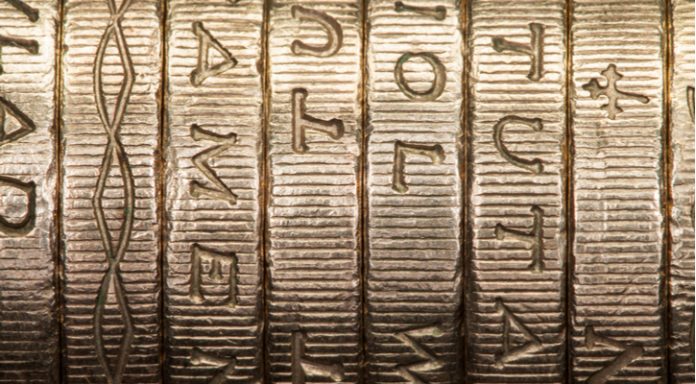- Pound (GBP) rises for a second day
- UK GDP rose 0.3% MoM in November
- Euro (EUR) falls amid a quiet economic calendar
- ECB’s Philip Lane to speak
The Pound Euro (GBP/EUR) exchange rate is rising for a second straight day. The pair rose 0.15% in the previous session, settling on Thursday at €1.1624 and trading in a range between €1.1601 – €1.1647. At 09:00 UTC, GBP/EUR trades +0.04% at €1.1637.
The pound is pushing higher as investors digest a slew of UK economic data.
The latest figures show that the UK economy grew by 0.3% month on month in November, ahead of economists’ expectations and up from 0% growth in the previous month.
While the data was encouraging, it doesn’t completely remove the prospects of the UK falling into recession at the end of 2023.
GDP in December will need to be at least 0% in order for a recession to be avoided.
Meanwhile, according to the REC, the number of British jobs advertised fell by 32% in December compared to the previous year a sign that the labor market could be cooling.
The data comes ahead of UK unemployment time wage growth figures, which are due on Tuesday next week.
Next week also sees the release of UK inflation figures, which could provide further clues about when the Bank of England may start to cut interest rates.
Hotter-than-expected inflation data could see the market push back on Bank of England rate cut bets.
The euro is slipping despite the ECB economic Bulletin supporting the central bank’s view that interest rates need to stay high for longer. Meanwhile, industrial production in Italy was weaker than expected, contracting 1.5% in November after contracting 1.1% in October.
There is no high-impacting eurozone economic data due to be released today. Instead, the focus will be on ECB chief economist Philip Lane, who is due to speak.
Investors will be watching closely for any comments regarding the outlook for interest rates or inflation.
His comments will come after ECB president Christine Lagarde said on Thursday that the hardest and worst part regarding inflation was most likely over and that interest rates would be cut if the ECB was certain that inflation had fallen to the 2% level. However, the ECB president refused to give a date.
Investors have priced in at least five interest rate cuts in 2024, with the first coming in March or April. Inflation in the region rose to 2.9% in December.





